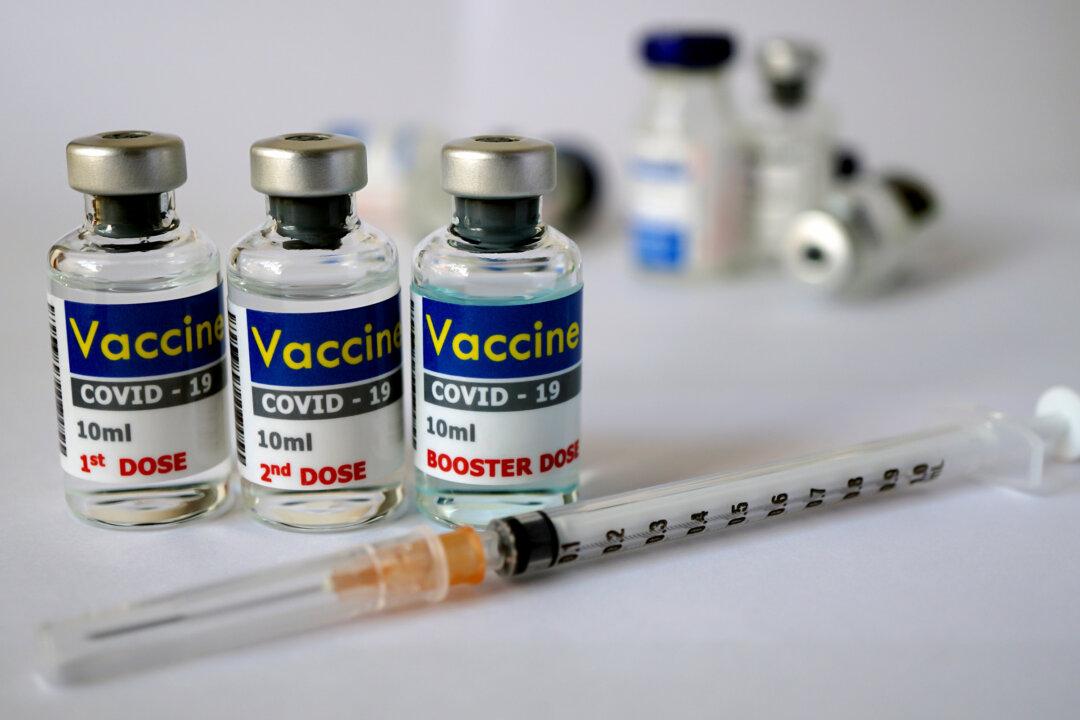The Australian government has paid out $20.5 million (US$13.2 million) in COVID-19 vaccine injury claims to people who experienced harm from the jab.
Services Australia data provided to The Epoch Times reveals 6.82 percent of claims have been compensated so far, that is 286 out of 4,191.





